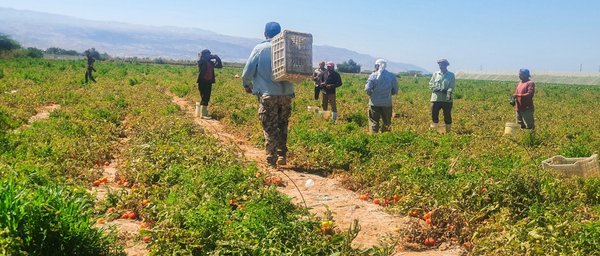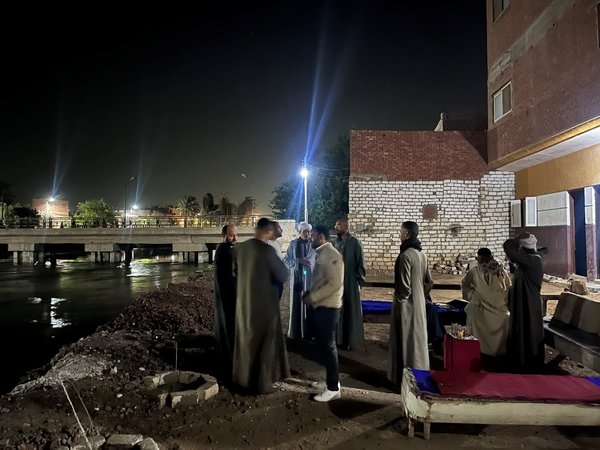Introduction
Research emerging from the Egypt-Jordan corridor, conducted by MIDEQ partners the Information and Research Center King Hussein Foundation (IRCKHF), explores the statutory laws that govern Egyptian workers in Jordan. This research has unpacked how Jordan’s legal framework unintentionally exploits Egyptian migrant workers and provides recommendations to inform policies that can improve the lives of migrants, their families and communities. Given the political landscape and sensitives around human rights issues, IRCKHF utilised various platforms and tools to disseminate their findings and insights. Social media campaigns, media engagement and discussions with migrant communities formed the basis of the team’s aim to spread awareness about the challenges facing Egyptian migrant workers.
In the policy sphere, the team linked their research to the broader political concerns of human rights in Jordan. In particular, the submission of Jordan’s Universal Periodic Review (UPR) became a key avenue to engage government officials. The UPR is a mechanism used within the UN Council of Human Rights to examine the human rights situation of the country in review. The drafting of the UPR is a collaborative effort, informed by data and insights from academics, activists and NGOs. As the Jordanian government prepared their submission, IRCKHF and their partners drafted their contributions for consideration and organised consultation to advocate for the rights of Egyptian migrants in Jordan.



